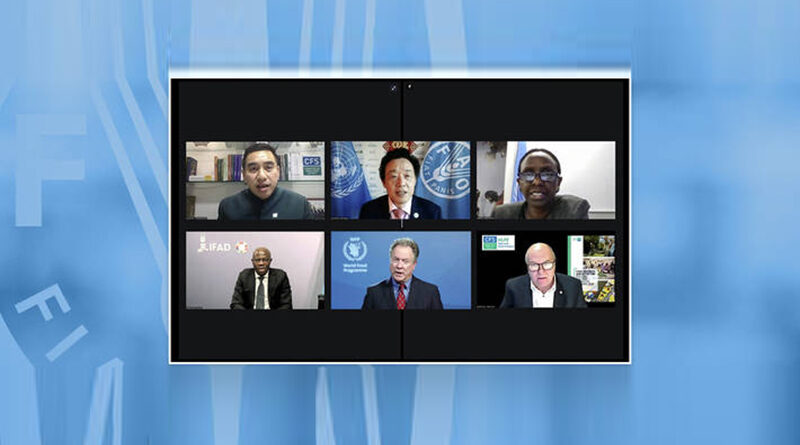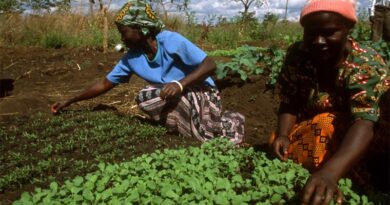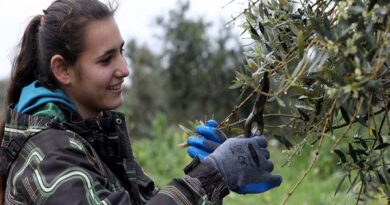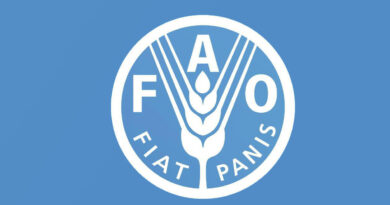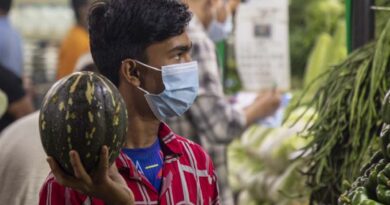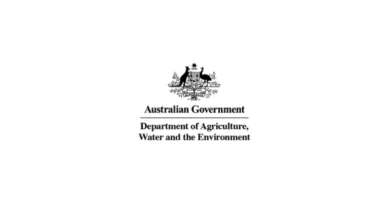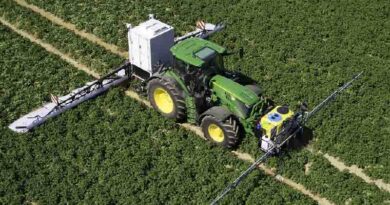Committee on World Food Security kicks off calling for comprehensive transformation of agri-food systems
08 February 2020, Rome: The 47th Session of the UN Committee on World Food Security (CFS) has kicked off today with a call to step up joint action towards a comprehensive transformation of global agri-food systems, in order to make them more inclusive, resilient and sustainable, as well as to tap their potential to contribute to the fight against poverty, hunger , all forms of malnutrition, and inequality.
According to the FAO latest estimates, hunger is on the rise with nearly 690 million being chronically undernourished and up to 130 million more being added because of COVID-19. Two billion people consume low quality diets that cause micronutrient deficiencies and contribute to diet-related obesity and non-communicable diseases. More than 3 billion people have no access to healthy diets.
Speaking at the CFS opening session, FAO Director-General QU Dongyu noted that the COVID-19 pandemic may push some 100 million people into extreme poverty and many more into chronic hunger and malnutrition. He also stressed that unsustainable agri-food systems continue to put pressure on natural resources, biodiversity, the environment, and climate.
Stressing that the pandemic has prompted the global community to rethink the way food is produced, processed and consumed, Qu urged all partners “to work together in harmony and solidarity to make agri-food systems more inclusive, resilient and sustainable.” To this end, he highlighted the crucial role CFS plays by promoting policy convergence and coherence.
“As the host of the CFS Secretariat and one of its funders, FAO strongly values the Committee’s potential, as a unique global platform for multi-stakeholder engagement, in the fight against hunger and malnutrition,” he said.
CFS instruments
The Director-General also noted the importance of translating CFS products and recommendations into concrete action on the ground, at regional, country, and local levels, which requires the strong engagement of all stakeholders, including governments, civil society and the private sector.
“This means integrating the CFS policy frameworks, as appropriate, into national dialogues, legislative frameworks, as well as national, regional and global development efforts,” he said, alluding to the CFS Guidelines on Land Tenure, the CFS Principles for Responsible Investments in Agriculture and Food Systems , the Framework for Action for food security and nutrition in protracted crises and the CFS Voluntary Guidelines on Food Systems and Nutrition, which are expected to be endorsed on Wednesday.
Qu highlighted that all CFS products should always rely on clear science and evidence and stated that FAO is ready to support the Committee on the main topics in its agenda for 2021: reducing inequalities, youth engagement and data systems.
New FAO
The Director-General also spoke about the fundamental transformative action FAO has taken over the last 18 months to refocus its efforts in alignment with the Organization’s original mandate to eradicate hunger and poverty.
As an example, the Director-General pointed to the FAO’s evidence-based, country-led and country-owned Hand-in-Hand Initiative, which aims to accelerate agricultural, transformation and sustainable rural development, accompanied by its state-of-the-art digital tools, including the Hand-in-Hand Geospatial Platform, the Data Lab for statistical innovation and Earth Map.
Among other notable developments, Qu cited FAO’s holistic COVID-19 Response and Recovery Programme, which harnesses science, technology, data, human enterprise and creativity; as well as the Organization’s recently introduced new Strategy for Private Sector Engagement to enhance strategic partnerships towards achieving the Sustainable Development Goals.
“We strongly believe that accelerating and scaling up science, technology and innovation is key to meeting the aspiration of transforming our agri-food systems and moving towards achieving the SDGs, especially SDG1 (No poverty), SDG2 (No hunger) and SDG10 (Reduced inequalities),” he said.
The Director-General also welcomed nine countries who have recently joined the CFS, namely Croatia, Djibouti, Honduras, Latvia, Maldives, Moldova, Saint Lucia, Saint Vincent and the Grenadines, and Ukraine.
Other speakers
During the opening session, UN Special Envoy to the UN Food Systems Summit Agnes Kalibata delivered a message on behalf of United Nations Secretary-General António Guterres in which he underscored that 2021 would be pivotal for achieving SDG2 (eradicating hunger) as food security and nutrition were the most pressing development, security and human rights issues of our time.
He called for fundamental systematic change to address hunger, sustainability and malnutrition while respecting human rights, alleviating poverty and supporting inclusive and sustainable development for all which he said were core to his thinking behind the Food Systems Summit later this year in New York, and the pre-Summit in Rome in July. “The Committee on World Food Security has an important role to play in this Summit, from the reports of its High-level Panel of Experts, to the policy convergence products,” Guterres added.
For his part, CFS Chair and Permanent Representative of Thailand to the UN Agencies in Rome, Thanawat Tiensin, stressed that the work of CFS has never been more relevant than before, as the Committee can provide evidence-based policy guidance to overcome current challenges and uncertainties ahead. He added that the UN Food systems Summit 2021 in September would be an opportunity to build on this momentum.
President of International Fund for Agricultural Development (IFAD) Gilbert F. Houngbo referred to the current pandemic as the wake up call to address the multiple complex challenges facing food systems and underlined the need for making them more resilient and responsive to the needs of consumers and producers alike.
In his video address, Executive Director of the World Food Programme (WFP) David Beasley said that the combined effects of climate change, conflict and now the COVID-19 pandemic have caused a lot of damage on affected communities around the world, stressing the vital role CFS must play to address this global humanitarian crisis while pledging his support to the Committee’s critical work.
The Chair of the CFS High-Level Panel of Experts (HLPE) Steering Committee Martin Cole presented the key outcomes of the HLPE’s new report on “Food security and nutrition: building a global narrative towards 2030”. The report is based on the analysis of food security and nutrition concepts, outcomes, drivers and critical policy directions that are vital for meeting SDG 2 targets and the entire 2030 Agenda.
He noted that according to the report we are not on track to reach the Agenda 2030 underlining that business as usual will not be enough while pointing to the need for a transformative change to our food systems.
Also Read: Swaraj Tractors reaches out to 95,000 under its Cancer Care Project

